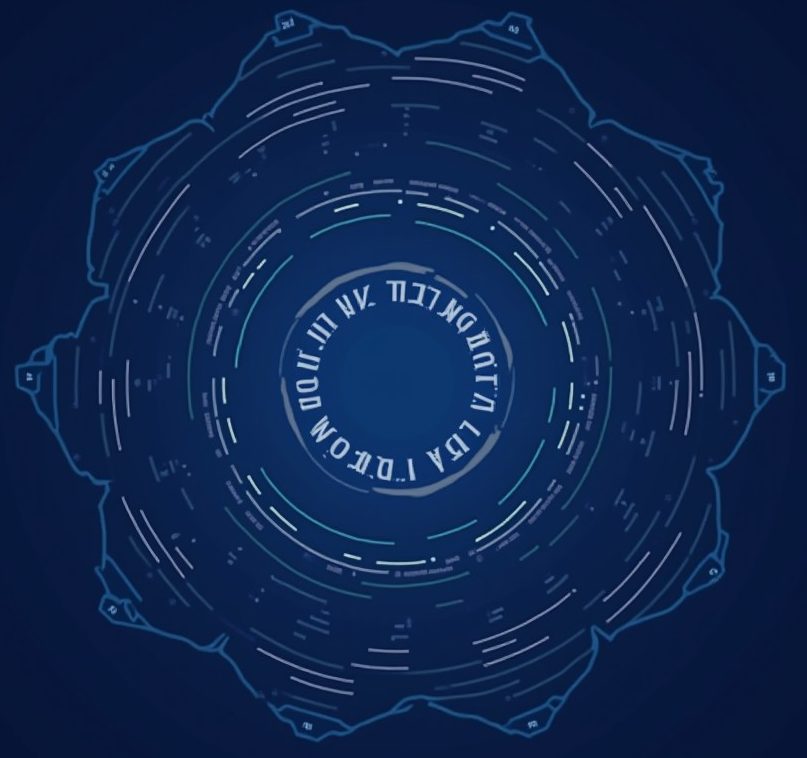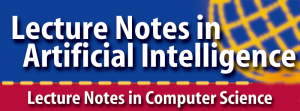The EPIA 2025 international conference
AI for Architecture, Engineering and Conservation
Thematic track of the 24th Portuguese Conference on Artificial Intelligence (EPIA 2025)
October 1-3, 2025, Faro, Portugal.
Webpage: https://epia2025.ualg.pt/
Nearest deadline
|
Notification of paper acceptance: |
July 4, 2025 |
Important dates
|
Camera-ready papers deadline: |
July 14, 2025 (AoE) | |
|
Early registration deadline: |
July 18, 2025 (AoE) | |
|
Late registration deadline: |
August 14, 2025 (AoE) | |
|
Conference: |
October 1-3, 2025 |
Proceedings and presentation
- Accept papers will be included in the conference proceedings as long as at least one author is registered in EPIA 2025 by the deadline of early bird registration.
- EPIA 2025 proceedings are indexed in Thomson Reuters ISI Web of Science, Scopus, DBLP and Google Scholar.
Introduction
We are excited to invite submissions for the upcoming special issue/conference track on AI for Architecture, Engineering, and Conservation. This track highlights the transformative impact of Artificial Intelligence on above-mentioned sectors and beyond, covering advancements such as customized large foundation models, computer vision, and AI frameworks applied to infrastructure resilience, monitoring, and construction management. These technologies, including object detection, predictive modeling, and feature extraction, are driving innovation in identifying and addressing defects across areas such as climate-resilient infrastructure, cultural heritage preservation, structural integrity, and environmental monitoring. AI is increasingly vital for tasks like detecting deterioration, reconstructing historical artifacts in 3D, and predictive maintenance of pavements, water systems, and other critical infrastructure. Additionally, generative AI and other advanced methods are emerging as powerful tools in architectural design, urban planning, and environmental monitoring, as well as in developing sustainable materials. With growing access to data from satellites, drones, IoT sensors, and global collaborations, AI is revolutionizing how we analyze, understand, and act on complex, large-scale datasets in diverse infrastructure domains. The track highlights innovations in AI-driven methods, fostering collaboration between researchers, practitioners, and industry experts working at the intersection of architectural and urban design, engineering, environmental monitoring, and conservation.
Topics of interest
We invite submissions that demonstrate cutting-edge AI applications, innovative methodologies, and real-world case studies, fostering a deeper understanding of AI’s role in conservation, restoration, architectural design, and engineering.
Accepted papers will be published in the Springer Lecture Notes on Artificial Intelligence (LNAI) series. Selected papers from the track will be also invited to submit extended versions to a Virtual Special Issues in the Journal of Cultural Heritage (Q2/Q1 since 2013 in SJR).
Organizing committee
- Daniele Corradetti, Grupo Física Matemática (GFM), Instituto Superior Técnico
- Nuno Marques, Universidade Nova de Lisboa, Portugal
- José Delgado Rodrigues, Consultant in Heritage Conservation, Portugal
- Roberta Spallone, Politecnico di Torino, Italia
Programme committee
- Enrico Pupi, Politecnico di Torino
- David Semedo, Universidade NOVA de Lisboa
- Fátima Batista, LNEC
- Valerio Palma, Politecnico di Torino
- Dominik Lengyel, BTU Brandenburg University of Technology Cottbus-Senftenberg
- Carota Francesco, University of Kansas
- Amaral Gustavo Garcia Do
- Gabriele Mirra, Delft University of Technology
- Camilla Pezzica, Cardiff University
- Alberto Pugnale, Faculty of Architecture, Building and Planning – The University of Melbourne
- Michele Russo, Università di Sapienza, Roma
- Jose Delgado Rodrigues
- Pingbo Tang, Carnegie Mellon University
- João Manso, Laboratório Nacional de Engenharia Civil
- João Marcelino, LNEC
- Nuno Correia, Universidade NOVA de Lisboa
- Sarah Fakhreddine
- Rui Nóbrega, Universidade NOVA de Lisboa
- Susana Nascimento, Department of Computer Science, Fac. Ciências e Tecnologia, Universidade Nova de Lisboa





